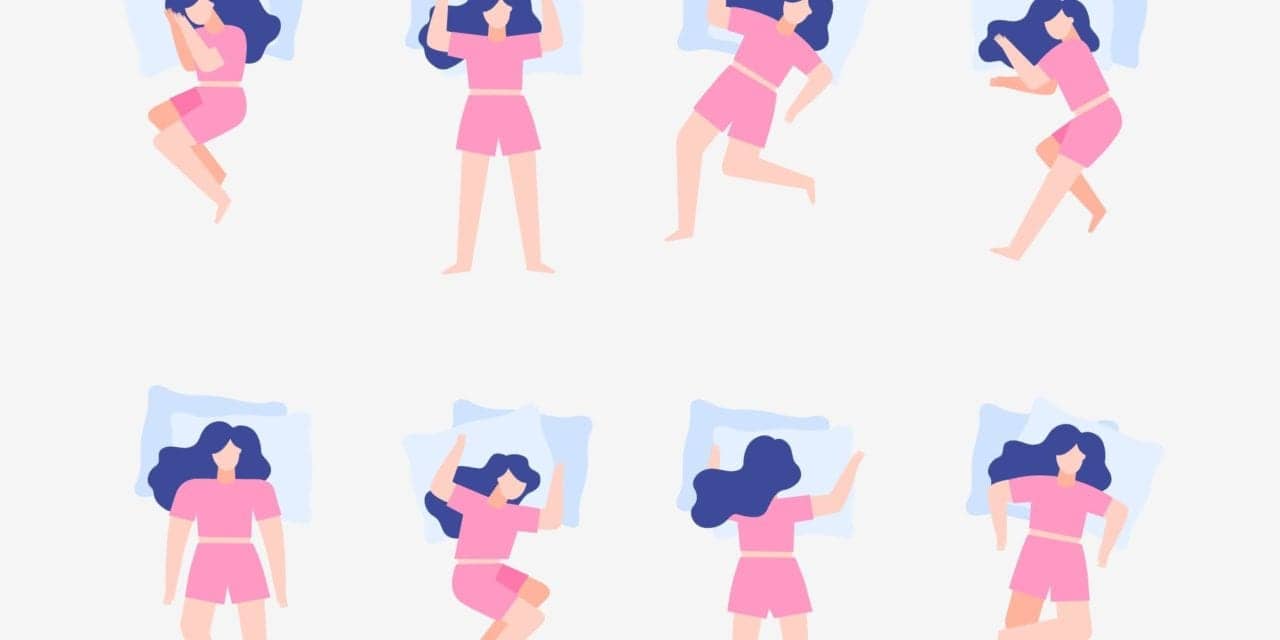Sleeping on the stomach can put extra stress on the spine, flattening its natural curvature and potentially leading to back and neck pain, which can lead to poor sleep quality, reports Shape.
While sleeping on your back is generally recommended over snoozing on your stomach, back-sleepers can still potentially run into some issues. Sleeping on your back can increase your risk of developing sleep apnea, a sleep disorder that causes your breathing to stop and start, explains Duma. Plus, if you’re a snorer, lying in this position definitely isn’t ideal, she adds.
“[When you sleep on your back,] your throat and belly are being pulled down by gravity, making it harder for you to breathe,” Andrew Westwood, M.D., assistant professor of neurology at Columbia University Irving Medical Center, previously told Shape. “If you [lie on your side or] get pushed by your bed partner, that snoring goes away.”



